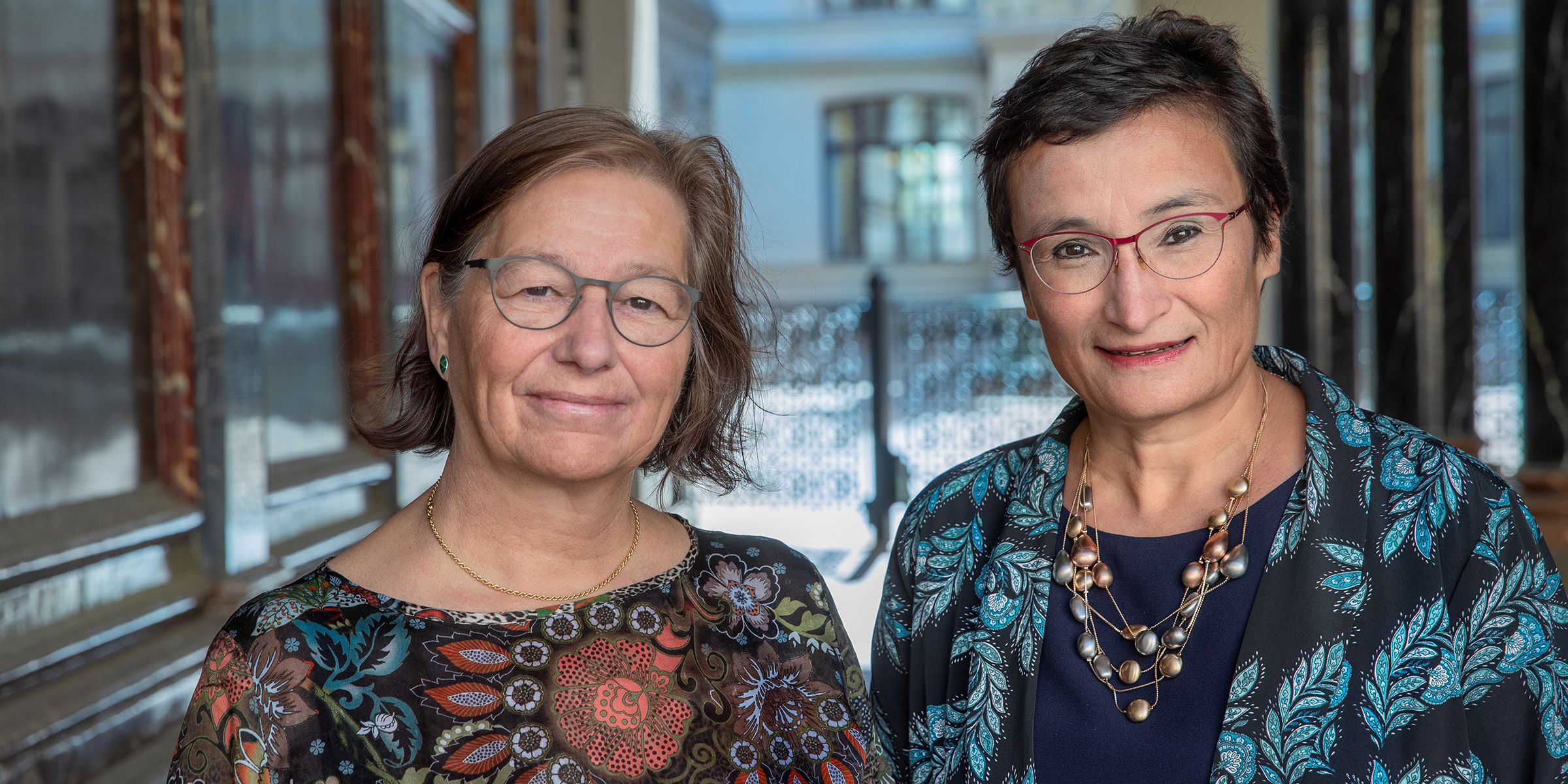
Umeå University to lead prestigious AI program
AI, machine learning, robotization… the ongoing technological transition will impact our society and our behaviors in diverse ways. The Wallenberg Foundations are now investing up to SEK 660 million in the WASP-HS research program, whose purpose is to study the changes resulting from the technological transition.
“HS” stands for humanities and society. First and foremost, the program will analyze potential ethical, economic, labor market, social and legal aspects of the transition.
“Knut och Alice Wallenberg Foundation has already invested SEK 3 billion in basic research under the auspices of WASP – the Wallenberg AI, Autonomous Systems and Software Program. But we must not forget that new technology also changes the daily lives of many people, and society at large,” comments Peter Wallenberg Jr, Chair of Marianne and Marcus Wallenberg Foundation.
Against this background, Marianne and Marcus Wallenberg Foundation, which primarily funds research in the social sciences, and Marcus and Amalia Wallenberg Foundation, which mainly funds research in the humanities, are launching a joint initiative to support WASP-HS – a ten-year research program.
The program will be hosted by Umeå University.
“We’re delighted that overall responsibility for this initiative has been placed in our hands. It’s an important field offering huge potential. The transition towards a society in which artificial intelligence and autonomous systems permeate our lives is still in its infancy,” says Hans Adolfsson, vice chancellor of Umeå University.
Internationally Pre-eminent AI Researchers
One of the main reasons for basing the program in Umeå is Professor Virginia Dignum. She was one of the first professors recruited to Sweden as part of the WASP AI initiative, and she will be the research director of WASP-HS.
“Among other things, we will be examining methods and tools for ensuring that AI and autonomous systems are designed so they don’t clash with human values and ethical principles,” says Professor Dignum, who researches on societal, ethical and cultural implications of AI at Umeå University.
The program is interdisciplinary, combining humanities and social sciences with technological research.
“WASP-HS will run a large graduate school, with up to 70 PhD students, and will recruit at least ten new research teams and twelve visiting professors. One of the primary aims of WASP-HS is to strengthen Swedish research expertise in the field, with doctoral courses and recruitment of young researchers and visiting researchers,” says Professor Kerstin Sahlin, scientific director.
of WASP-HS.
WASP-HS is independent of WASP but the two programs are run in close collaboration.
“This means that WASP-HS will be conducting independent studies of the impact of technology on entrepreneurship and society, and will also collaborate with WASP on the doctoral program, among other things,” Dignum explains.
A central feature of the program is international collaboration in the form of partnership, visiting researchers, and postdoc positions abroad.